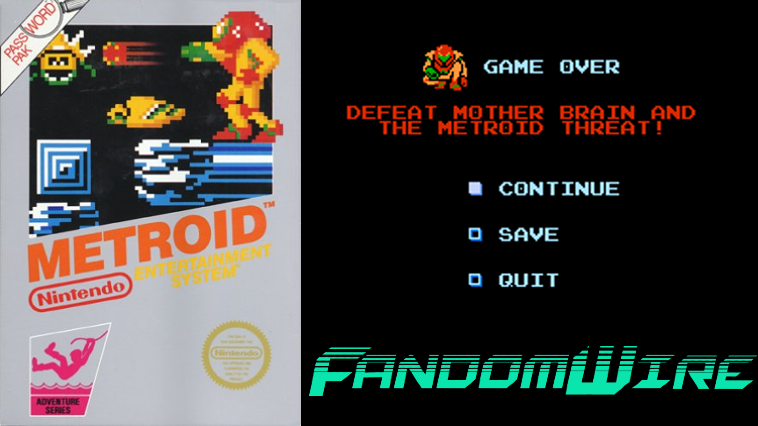Metroid is a “Metroidvania” game, first released in 1986. The game differs from many other games of its era due to its creation of the “Metroidvania” sub-genre. Metroid was first published for the NES console but was later adapted and re-released for other consoles.
To celebrate the launch of Metroid Dread on October 8th we revisited the NES classic Metroid.

Created the “Metroidvania” Genre
Metroidvania is a subgenre of action-adventure gameplay in video games. Creating a combination of Metroid and Castlevania gameplay, the release of Metroid created a riveting change in the video game industry. Metroid could be considered by many one of the first defining Metroidvania games. Metroid exhibited genre divergence, which later led to the creation of the massively popular Metroidvania genre, changing the history of video game culture.
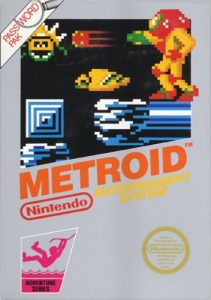
Interesting to Explore Map
Access to the map in Metroid leads to more replayable gameplay. Metroid introduced items being pointed out on the map, which allows the player to explore and run through the game easily with enjoyment. With items and locations pointed out on the map, the player has access to knowledge of the game’s layout, allowing easy exploration of the game. Lastly, the easy access leads to a more enjoyable experience when playing Metroid.
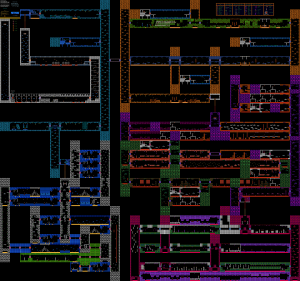
Challenging Platforming
The platforming for Metroid diverges from other video games of its era in many ways. The most significant thing about the platforming is its originality. The game combines the platforming of Super Mario Bros. And the exploration of The Legend of Zelda. This gives Metroid a science fiction setting, providing many fans with the right mood. Lastly, the platform’s originality changes Metroid’s difficulty level. While the platform is more difficult, the game remains a fan favorite for many.
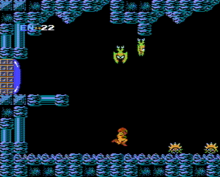
Interesting Enemies
What sets Metroid apart from some other games in its era could be the enemies and antagonists. The enemies in this game are highly aggressive. Not only does this set them apart from other video game enemies, but they are also much more difficult to kill, providing the player with a challenge facing them at every turn
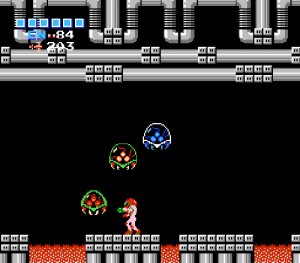
Fun Upgrades
The upgrades that have happened in Metroid provide the player with a better, more original experience. In this game, you can upgrade items to make the game easier as you play. An upgrade, or power item, is the advancement in the technology or ability of Samus (the player character). Upgrades are an important part of the Metroid game and provide the play with new experiences whenever they upgrade. Without upgrades, the game would ultimately be less enjoyable.
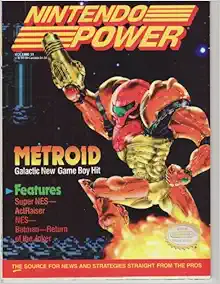
Doesn’t- Extremely Glitchy
Although the game it’s many ups, it has equal downs. Many complaints about the game are regarding the glitchiness in it. In Metroid, there are many possible glitches that can happen that make the experience less enjoyable. Many reviews rate the game highly, but also have complaints about the game’s glitches. Overall, the glitchiness brings down the gameplay’s level of enjoyment.
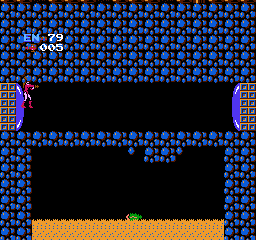
Unfairly Difficult
As previously stated, the game is very difficult to play. Even with the advantage of upgrades, the game can seem almost impossible to some players. When speaking of the enemies, you may remember that they have very few weaknesses. This can show how the game could be made more difficult simply by the overpowered enemies. Lastly, the player could become frustrated by the overpowering enemies, causing them not to play.
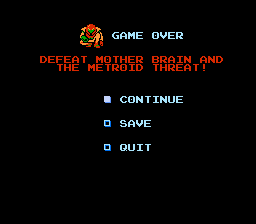
Has Much Better Later Entries
Metroid receives praise from some, and criticism from others due to the fact that later games in the series took these concepts and fleshed them out better. The difficulty of the game can make it less enjoyable, leading players to possibly play other games instead.

No In-Game Story
For many games, in-game stories are very important. They give the player’s action purpose and set the mood of the game. Metroid doesn’t have an in-game story, as custom at the time was to include it in the manual, so there’s no explanation as to why you must complete the game’s tasks. Without the in-game story, a valid environment and mood aren’t created, which ultimately leads to a less enjoyable experience when playing the game. Overall, without an in-game story, a valid atmosphere isn’t created for the game, making it less enjoyable and understandable.

Map is Hard to Follow
Although the map provides some insight and is a clever in-game design, its point is diluted if the map is difficult to use. The map could be described as “hard to follow” for many reasons. Although the map does point out where things are, you have to figure out how to get there. Usually, a map should help you navigate, whereas this map only gives you a sense of direction, and then the player navigates by themselves. The map’s purpose isn’t easily seen, making the game less enjoyable.

Follow us for more entertainment coverage on Facebook, Twitter, Instagram, and Letterboxd.

